
Mockingbird's Cry (Hera Force #1)
Book
Five years ago, Josephine "Mockingbird" Caruso belonged to an all-female black-ops military group...
Romantic Suspense Military Thriller
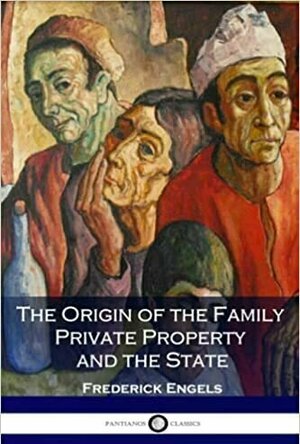
The Origin of the Family, Private Property, and the State
Book
Friedrich Engels' treatise on family economics and its connection with human history and development...
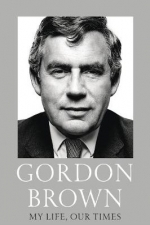
My Life, Our Times
Book
As former Prime Minister and our longest-serving Chancellor, Gordon Brown has been a guiding force...
biography politics
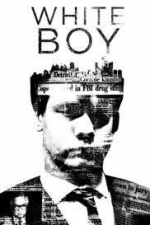
White Boy Rick: My Time as an Undercover Teenage Drug Informant for the FBI
Richard Wershe and Scott Burnstein
Book
Synopsis Soon to be a major motion picture with Matthew McConaughey and Jennifer Jason LeighMeet...
biography

Clash of Angry Navy Sniper 3D: Shooting Game
Games
App
Chosen for a covert clean out mission right at shores of Somalia, an Assassin Sniper shooter with...

The Walking Dead No Man's Land
Games
App
Join Rick, Daryl, Michonne and other iconic characters from AMC’s The Walking Dead in the official...
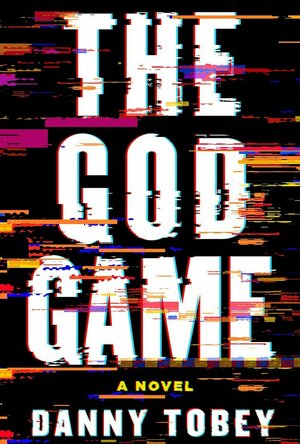
The God Game
Book
You are invited! Come inside and play with G.O.D. Bring your friends! It’s fun! But remember...
technothriller Texas high school teens sci-fi
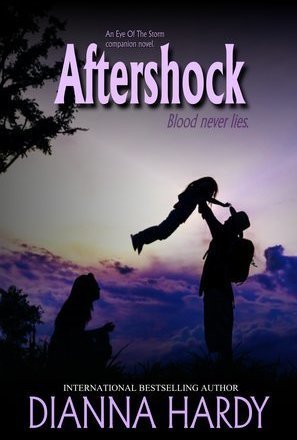
Aftershock (Blood Never Lies #2)
Book
Aftershock is a companion novel to the Eye of the Storm series and also acts as a PREQUEL to a brand...
Paranormal Urban Fantasy
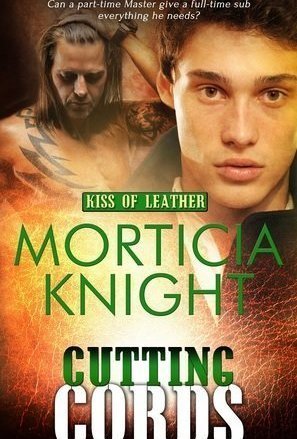
Cutting Cords (Kiss of Leather #6)
Book
Liam yearns for Master Neal’s harsh touch, but Neal fears that a part-time Master can’t give a...
BDSM M_M Contemporary Romance

Villagers
Tabletop Game
Villagers is a tableau building and card drafting game for one to five players, set in a faraway...
BoardGames Cardgames Kickstartergames 2018Games